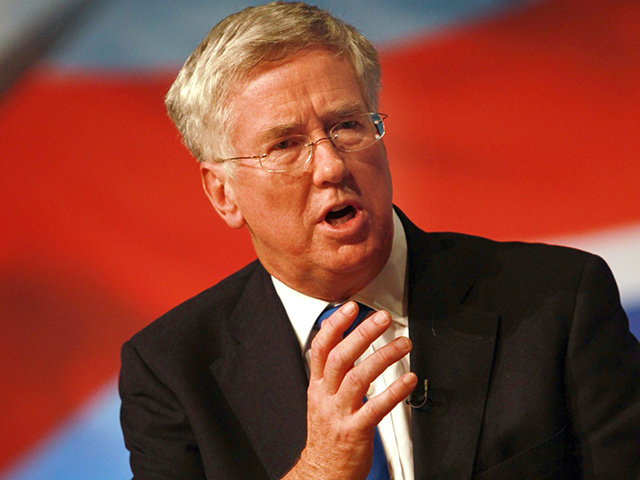
The UK’s energy minister has vowed to “inject more pace” into the growth of the country’s embryonic shale gas industry.
Michael Fallon claimed that it would be “irresponsible” not to investigate the nation’s potentially lucrative reserves, and insisted that the UK’s regulatory regime would ensure the controversial use of fracking was “safe and responsible”.
The Conservative MP also confirmed that financial incentives for the industry would be in place by April next year, declaring that the country was “open for business”.
Shale gas, which is natural gas trapped in rock, has become a key resource in the US, where the booming industry has led to plummeting energy prices, and inspired countries such as Britain to investigate their own deposits.
However, the shale extraction technique of hydraulic fracturing – or “fracking” – is claimed by opponents to induce earthquakes.
In an interview with the House magazine at Westminster, Mr Fallon warned that without shale gas, the UK would lose manufacturing to the US and Eastern Europe.
“It’s very exciting but it’s also very important,” he said. “Shale has dramatically lowered the cost of energy for industry in the States and it is very important that Western Europe is not put at a disadvantage, that we don’t start losing manufacturing processes, steel plants or chemical plants to the States because of the long term cheaper cost of energy there.
“There are a number of small companies now revving up. What I want to do now is inject more pace into this. The chancellor has announced the fiscal incentives that will apply, they are being discussed in detail with the industry and they will be firmed up by the summer and they will be in the autumn statement and they’ll take effect from next April. The fiscal incentive will be there.”
Asked about concerns raised by the environmental lobby and local communities, Mr Fallon said: “Fracking is not a new technique. We’ve been hydraulic fracturing for oil for dozens of years. There have been 10,000 wells fracked in Canada. Ten thousand. Quite safely.
“I’ve been over to the States and I’ve learnt about the rather different regulatory approaches state by state. It’s clear that some states have been much tougher in their environmentally protection than others and we can avoid that. We will avoid that. We have one system here.
“We have in place already very strict controls by the Environment Agency on things like the water contamination and on methane emissions. Health and safety has to be satisfied that the fracturing itself is being done safely and responsibly. There has to be planning permission, there has to be a licence and finally there has to be consent from here. There are five locks to ensure that shale exploration is going to be safe and responsible.
“But it would be irresponsible not to go down and have a look at what’s there. And there’s growing interest because of the regime we’ve put in place now.”
The minister, who became energy minister in a reshuffle in March, confirmed that areas affected by fracking would be in line for community benefits.
“We’re working with the industry on a package of community benefits so that if there is shale extraction in your area, the community will benefit directly either through reductions on energy bills or through other investment, in the village hall or whatever, there will be some benefit for your community,” he said.
“It won’t be exactly the same (as onshore wind benefits) but there will be community benefit from shale gas exploration just as there will be also for onshore wind and indeed for nuclear. There has to be for the area affected during construction for example, there has to be some relief, seven years of construction.”
Recommended for you

